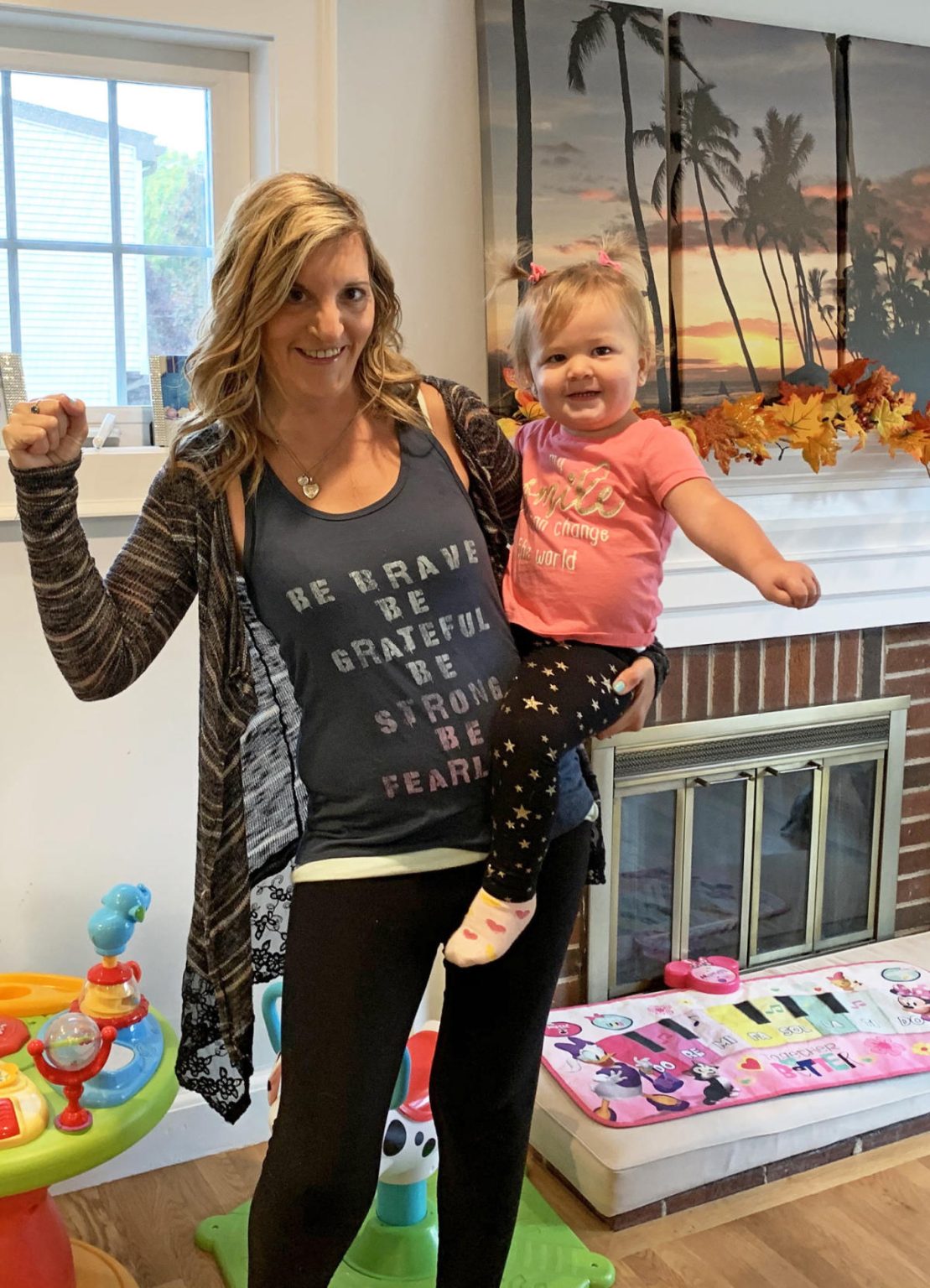Stefania Frost, a second-grade teacher in Massachusetts, was diagnosed with stage 3 colon cancer at 36 after experiencing abdominal pain. She underwent surgery to remove the tumor and lymph nodes, followed by chemotherapy. Frost also went through fertility treatment in hopes of having another child, but faced challenges due to the effects of chemotherapy on her ovarian reserve. Despite the difficulties, she remains cancer-free and encourages others to prioritize their health and seek medical attention promptly if they notice concerning symptoms.
Research shows a rise in colorectal cancers among people under 50, leading to many younger patients being diagnosed with advanced diseases. Diagnostic delays are common, as symptoms such as abdominal pain, blood in stool, or gastrointestinal issues may be mistakenly attributed to other conditions like hemorrhoids or irritable bowel syndrome. It is essential for individuals to listen to their bodies and advocate for themselves if they suspect something may be wrong.
Frost’s treatment journey was challenging, with side effects like numbness in her hands and difficulty tolerating cold temperatures. The COVID-19 pandemic also added to her struggles as she had to undergo chemotherapy infusions alone and couldn’t lift her daughter due to post-surgery restrictions. Despite these obstacles, Frost remained resilient and focused on her goal of getting pregnant again. She underwent fertility treatments but did not achieve a successful pregnancy, highlighting the impact of cancer treatments on fertility.
Now nearly four years post-diagnosis, Frost continues to monitor her health closely through regular blood tests as part of a clinical trial. She has stayed cancer-free but faces ongoing emotional challenges, including the fear of cancer recurrence and coping with the reality of not having another child. Frost emphasizes the importance of surrounding oneself with positivity and seeking support during difficult times. While she acknowledges the tough days where she still cries, she remains determined to stay strong and hopeful for the future.
Dr. Aparna Parikh, Frost’s oncologist, stresses the significance of early detection and urges individuals to pay attention to their bodies and seek medical help if they notice worrisome symptoms. Colonoscopies are recommended for individuals beginning at age 45, and any unusual signs or symptoms should not be ignored. By being proactive about their health and advocating for themselves, individuals can improve their chances of early diagnosis and successful treatment outcomes.
In conclusion, Stefania Frost’s journey through colon cancer diagnosis, treatment, and fertility struggles serves as a testament to resilience and strength in the face of adversity. Her story underscores the importance of early detection, regular screenings, and self-advocacy in managing cancer and its emotional impact. By sharing her experience and encouraging others to prioritize their health, Frost hopes to raise awareness and support individuals in navigating their own health challenges with courage and determination.


